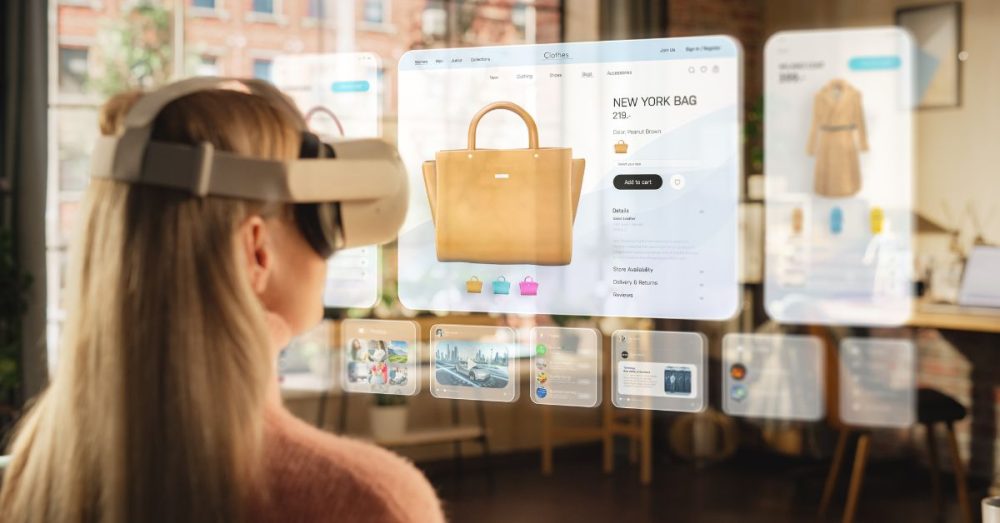What’s a product or service worth to you?
Would you be willing to save a few dollars if you had to wait a bit longer to receive it? Maybe your need for coffee and what you would be willing to pay for it differs depending on the time of day. First thing in the morning, it is probably worth a lot more than right before you go to bed. The same is probably true for a lot of products. You also might be willing to pay more than your neighbor for a certain good or service.
If you have ordered an Uber, then you are probably familiar with the many pricing options available depending on the type of car used. If you are not in a hurry, you can even choose to wait a bit longer for your ride to arrive and save significantly on the cost.
Companies have been tracking our choices, spending patterns, and spending habits for a while. The rise of AI has changed the game completely, however.
In an article for Business Insider, Albert Fox Cahn discusses how AI is being used to get more money out of consumers:
When I was flying back from London a few weeks ago, I slipped into a rabbit hole I haven’t tunneled out of since. I knew what I had paid for my seat, how many miles I had used for the indulgence of an upgrade. But I had no idea if the woman across the aisle had spent only a few points, as I had, or paid the more than $10,000 the airline could charge for the same trip. To book a flight has long been to play a game where only the airline knows the rules, with countless booking codes, loyalty programs, and fare changes that weaponize your data against your wallet. But after I landed, I kept seeing the same rigged game everywhere: in every Uber ride, every Amazon order, every trip to the supermarket. All these businesses now know so much about me that they can see a number blinking above my head: the exact price I’d be willing to pay in a given moment. Your own number is blinking above your head right now.
In the algorithmic age, pricing variability is increasingly creeping into digital commerce, with charges going up and down in real time.
What’s far more disturbing is the rise of personalized pricing, digital retailers’ practice of exploiting your own data to charge the precise price you’re willing to pay, which might be different from what the guy next to you would pay. Personalized pricing not only bakes in bias and can drive inflation but creates a world where you never know when your apps are ripping you off.


